
Patients share their personal stories with Specialty Pharmacy Times.

Patients share their personal stories with Specialty Pharmacy Times.

Top news of the week in oncology and cancer drug development.

Regular use of over-the-counter, anti-inflammatory drugs associated with an increased risk of death in patients with cancer.

Investigative drug may improve overall survival and reduce chemotherapy-induced heart damage in children with acute myelogenous leukemia.

Genetically engineered T cells show efficacy preventing acute myeloid leukemia relapse.

Novel immunotherapy shows promise treating patients with leukemia at high-risk of relapse.
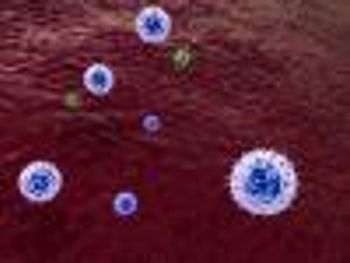
Top news of the week in oncology and cancer drug development.

Rates of suicide elevated in cancer survivors diagnosed before the age of 25 years.

Switching Tasigna elicited a long-term response rate in patients with leukemia even after discontinuing treatment.
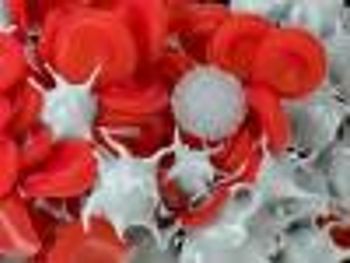
Switching from Glivec to Tasigna elicited a long-term response rate in patients with leukemia.
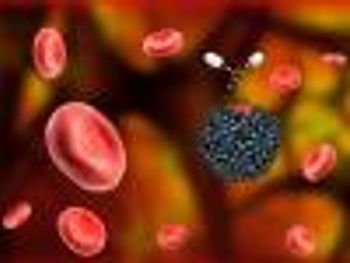
Lenalidomide (Revlimid) could potentially offer clinical benefits to patients with multiple myeloma.

Lenalidomide (Revlimid) could potentially offer clinical benefits to patients with multiple myeloma.
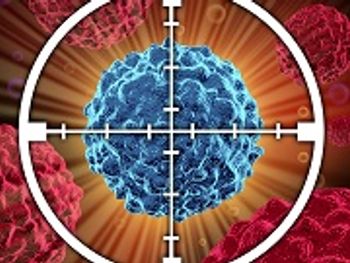
Checkpoint inhibitor resistance remains an issue in cancer therapy.
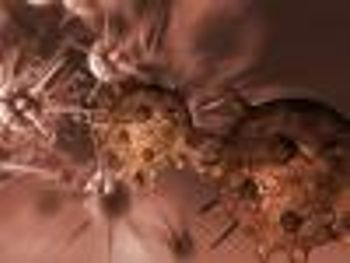
Top news of the week in oncology and cancer drug development.

Myeloma Genome Project to create the largest dataset of molecular profiling for patients with multiple myeloma.

Partnership between Clearbrdige BioMedics and John Wayne Cancer Institute will initially focus on melanoma.

Trisenox is the first approved acute leukemia treatment that is chemotherapy-free.

Top news of the week in oncology and cancer drug development.

Ninlaro regimen increased progression-free survival by 40% in patients with multiple myeloma.

Top news of the week in oncology and cancer drug development.

Top news of the week in oncology and cancer drug development.

Promising data on pediatric relapsed/refractory acute lymphoblastic leukemia to be presented.
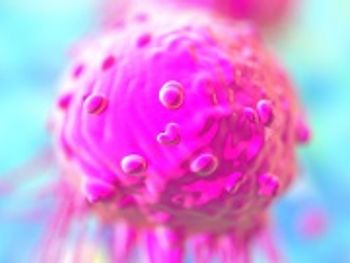
Collaboration will examine potential opportunities for combining daratumumab and carfilzomib for the treatment of cancer.

CD98 molecule could be a potential therapeutic target in AML.

The companies plan to collaborate on clinical trials of a novel combination therapy for multiple myeloma.